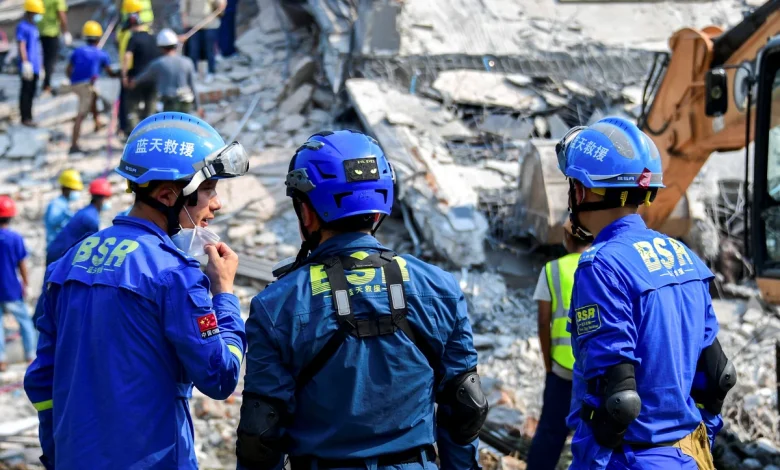Thailand to Launch Public Disaster Alert Tests After Backlash Over Quake Silence

In a move to restore public trust and strengthen emergency response systems, Thai authorities announced plans to roll out a nationwide test of a cellphone disaster alert system next month—following mounting criticism over the government’s failure to issue warnings during a powerful earthquake in neighboring Myanmar that shook parts of Bangkok.
Speaking at a press briefing on Wednesday, Phasakorn Boonyalak, Director General of the Department of Disaster Prevention and Mitigation (DDPM), confirmed that the Cell Broadcast System (CBS)—a rapid-response alert mechanism capable of sending mass notifications via mobile networks—will be tested in several stages starting May 2.
“The CBS platform will send out alerts in real time across three major mobile networks, ensuring wide and swift coverage during both natural disasters and security emergencies,” Phasakorn stated.
The test campaign will begin with a limited alert targeting four Bangkok city hall buildings, followed by two additional drills.
The final and most extensive test is scheduled for May 13, covering the entirety of Bangkok and Chiang Mai provinces.
During the tests, residents and tourists—regardless of mobile carrier or roaming status—will receive emergency notifications directly on their phones.
These alerts, displayed in Thai and English, will appear as full-screen pop-ups accompanied by a siren sound. The message will clarify that no action is needed:
“This is a test message from the Department of Disaster Prevention and Mitigation, no action required.”
Phasakorn emphasized that this will be the first public test of the CBS system and noted that the DDPM is working toward a benchmark goal of issuing real alerts within 10 minutes of a seismic event.
The urgency of implementing a robust early warning system intensified after the March 28 earthquake—a 7.7-magnitude tremor centered in Myanmar—caused significant structural damage in Bangkok.
The most tragic consequence in Thailand was the collapse of an under-construction high-rise that killed at least 53 people.
Though major earthquakes are rare in Thailand, the capital remains vulnerable due to its dense population, high-rise infrastructure, and seasonal flooding. Authorities believe that the CBS will offer critical minutes for evacuation and preparedness in future crises.
The DDPM’s decision follows widespread public backlash and scrutiny over the government’s silence during last month’s quake, despite it being felt across large swathes of the country. Officials now hope the alert system will serve as both a confidence boost and a practical safeguard in an era of increasingly unpredictable natural disasters.




